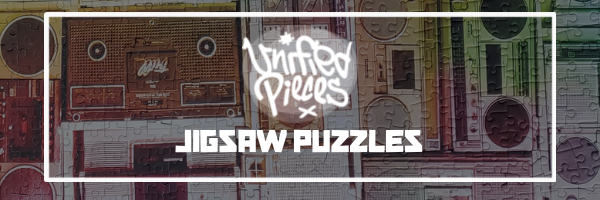Most of us remember the joy of assembling jigsaw puzzles as children. This simple activity served as a source of entertainment, a way to pass a rainy day indoors. But, interestingly, jigsaw puzzles have evolved far beyond being mere children’s toys. Today, they are equally popular among adults and provide a wholesome, rewarding pastime.
A Nostalgic Activity
One reason for the popularity of jigsaw puzzles among adults is the sense of nostalgia they elicit. They allow us to recall simpler times, reconnect with our childhood selves, and provide a soothing activity away from the digital screens that otherwise dominate our lives.
Increasing Complexity
While children’s puzzles feature larger pieces and simpler images, adult puzzles are more complex, often consisting of hundreds or even thousands of pieces. These intricate puzzles present a challenge that engages our adult brains, making the completion of the puzzle a satisfying achievement.
Mindful Relaxation
In our fast-paced world, full of constant noise and distractions, jigsaw puzzles provide an opportunity for quiet contemplation and focus. The act of sorting, searching, and connecting puzzle pieces can be a mindful practice that promotes relaxation and reduces stress.
Social Bonding
Puzzles have evolved into a social activity that brings people together. Friends and families often work on puzzles as a group, promoting cooperation and team bonding. Puzzle parties are becoming increasingly popular as a unique way to spend time together while working towards a common goal.
Cognitive Exercise
Jigsaw puzzles offer a substantial mental workout. They require concentration, problem-solving skills, and memory recall, providing cognitive benefits similar to reading a book or doing a crossword puzzle.
Artistic Appreciation
Many adult puzzles feature beautiful artwork, from stunning landscapes and intricate patterns to famous paintings. Assembling these puzzles gives an opportunity to appreciate the fine details of these artworks in a unique, hands-on way.
Physical Dexterity
The act of manipulating puzzle pieces can also support fine motor skills and hand-eye coordination, making puzzles a useful tool for maintaining these abilities in older adults.
In conclusion, the humble jigsaw puzzle has grown from a beloved childhood toy to an engaging and beneficial pastime for adults. Whether you enjoy the peaceful focus, the cognitive challenge, the social interaction, or simply the joy of seeing a beautiful image come together, jigsaw puzzles have something to offer everyone.

